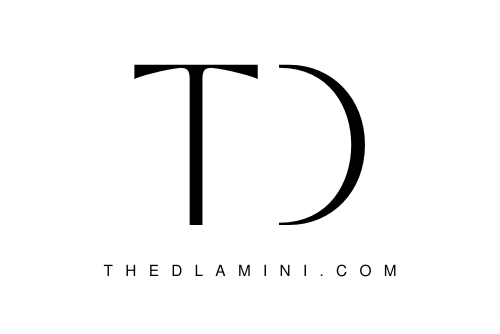Namibia is a popular tourist destination, but it’s not always easy to find out what kind of duty you might have to pay when you get home. Here’s a quick and simple guide to the things that are duty-free and anything that might come with an unexpected charge at the airport.
Personal effects/baggage
Personal effects and baggage are exempt from duties and taxes. This includes:
- clothes, luggage and personal items to a value of N$10 000
- cameras, binoculars, musical instruments (such as pianos), and sporting equipment (such as golf clubs) to a value of N$10 000.
Clothing, footwear and personal toiletries
The following items are duty-free:
- Clothing, footwear and personal toiletries in your possession. If you’re travelling with more than USD$500 worth of these items, you will need to pay import duty.
- Alcoholic beverages including wine and beer (up to 2 litres per person)
Other goods that may be imported into the country without restriction include:
- Perfumes (up to 150ml)
Souvenirs
If you want to avoid paying duty on souvenirs, it’s best to keep their value below N$600. For gifts worth more than this amount, you can use a Customs Declaration Form and pay the customs duties at the airport or border post when leaving Namibia. This is required if your goods are not exempt from duty importation (see below).
Items that are exempt from clothing custom duties include:
- Clothing items that were purchased in South Africa, Botswana or Zimbabwe and will be exported within 24 hours of entry into Namibia with an official receipt containing all relevant information such as item description and quantity; name & address of vendor; date purchased; price paid for each item (if applicable); invoice number(s) & date(s) issued by the vendor together with other supporting documentation such as invoices/receipts relating to purchases made outside South Africa. etcetera
Takeaway:
It’s important to note that there are limits to the amount of clothing and footwear you can bring into Namibia. You’re allowed to bring in up to 30 kilograms of clothes and shoes, which should be enough for most people’s wardrobes.
If you want to bring additional items with you, it’s best not to exceed 10 litres of personal toiletries (including perfumes). This is a good rule of thumb for tourists who plan on doing some shopping during their trip; if your suitcase isn’t full enough from your initial shopping spree, this gives you some leeway when buying souvenirs at the end of your trip.
